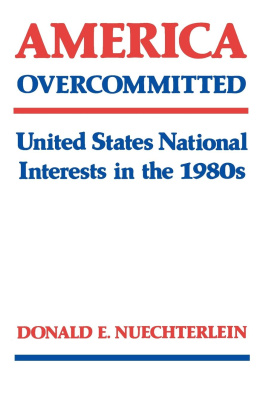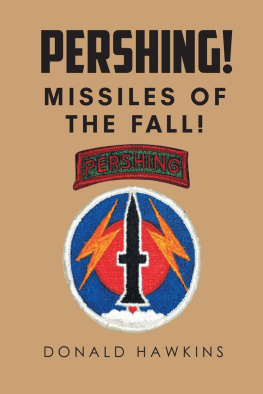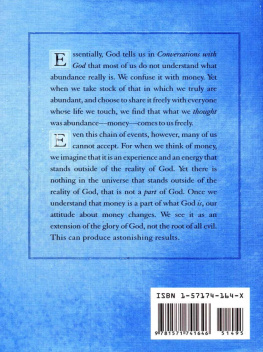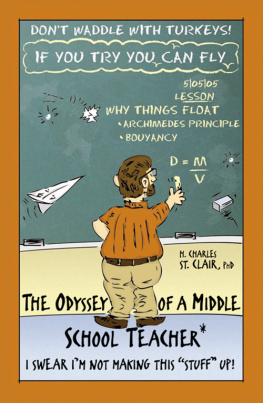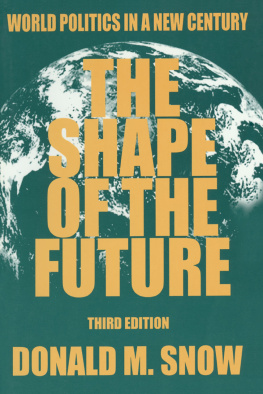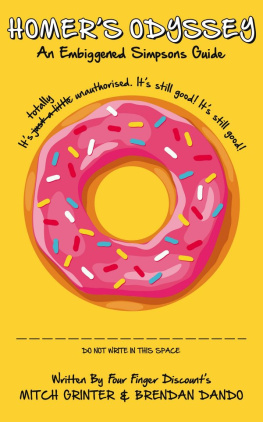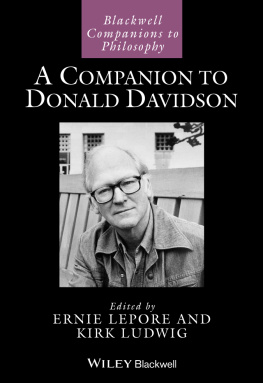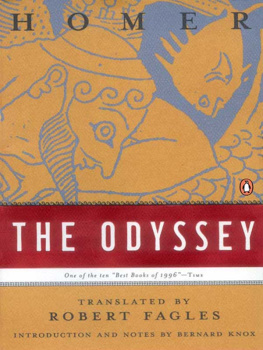Donald E. Nuechterlein - A Cold War Odyssey
Here you can read online Donald E. Nuechterlein - A Cold War Odyssey full text of the book (entire story) in english for free. Download pdf and epub, get meaning, cover and reviews about this ebook. genre: Art. Description of the work, (preface) as well as reviews are available. Best literature library LitArk.com created for fans of good reading and offers a wide selection of genres:
Romance novel
Science fiction
Adventure
Detective
Science
History
Home and family
Prose
Art
Politics
Computer
Non-fiction
Religion
Business
Children
Humor
Choose a favorite category and find really read worthwhile books. Enjoy immersion in the world of imagination, feel the emotions of the characters or learn something new for yourself, make an fascinating discovery.

- Book:A Cold War Odyssey
- Author:
- Genre:
- Rating:4 / 5
- Favourites:Add to favourites
- Your mark:
- 80
- 1
- 2
- 3
- 4
- 5
A Cold War Odyssey: summary, description and annotation
We offer to read an annotation, description, summary or preface (depends on what the author of the book "A Cold War Odyssey" wrote himself). If you haven't found the necessary information about the book — write in the comments, we will try to find it.
A Cold War Odyssey — read online for free the complete book (whole text) full work
Below is the text of the book, divided by pages. System saving the place of the last page read, allows you to conveniently read the book "A Cold War Odyssey" online for free, without having to search again every time where you left off. Put a bookmark, and you can go to the page where you finished reading at any time.
Font size:
Interval:
Bookmark:
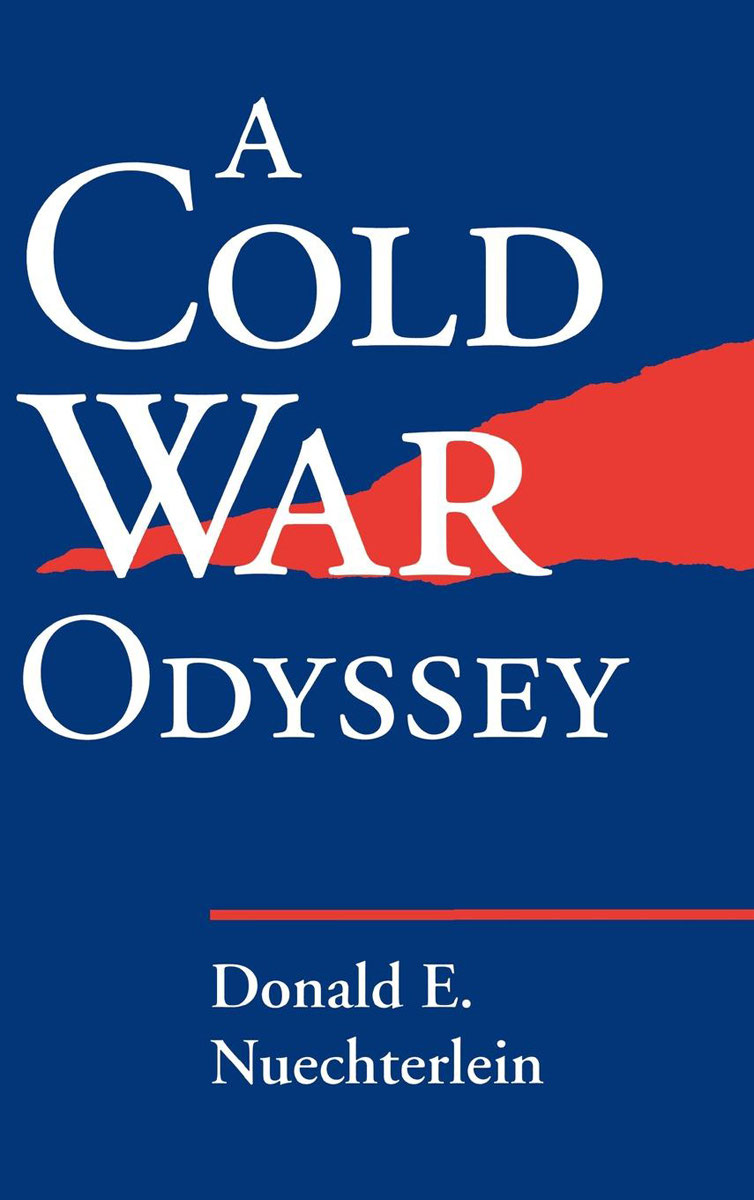
A Cold War Odyssey

A
Cold War
Odyssey

Donald E. Nuechterlein

Publication of this volume
was made possible in part by a grant
from the National Endowment for the Humanities.
Copyright 1997 by
The University Press of Kentucky
Scholarly publisher for the Commonwealth,
serving Bellarmine College, Berea College, Centre
College of Kentucky, Eastern Kentucky University,
The Filson Club Historical Society, Georgetown College,
Kentucky Historical Society, Kentucky State University,
Morehead State University, Murray State University,
Northern Kentucky University, Transylvania University,
University of Kentucky, University of Louisville,
and Western Kentucky University.
All rights reserved
Editorial and Sales Offices: The University Press of Kentucky
663 South Limestone Street, Lexington, Kentucky 40508-4008
97 98 99 00 01 5 4 3 2 1
Library of Congress Cataloging-in-Publication Data
Nuechterlein, Donald Edwin, 1925
A Cold War odyssey / Donald E. Nuechterlein
p. cm.
Includes index
ISBN 0-8131-2027-6 (cloth : alk. paper)
1. International relationsFiction. 2. Cold WarFiction.
I. Title
PS3564.U33C65 1997
913'.54DC21 97-11349


10CRACKS IN THE KREMLIN WALL
11FALL OF THE BERLIN WALL
12TWO POLITICAL EARTHQUAKES

In the spring of 1940 Nazi Germanys military machine was on the move in Europe. By early June, Hitlers armies had overrun Denmark, Norway, the Netherlands, Belgium, and Luxembourg, and France was on the verge of capitulation. An outflanked British force waited anxiously at the channel port of Dunkirk for evacuation to England. Germanys conquest of Western Europe seemed imminent, and the world was stunned.
On June 10, 1940, Franklin Roosevelt journeyed by train to Charlottesville, Virginia, and, in a graduation address at the University of Virginia, warned Americans that isolationism would be folly in the face of Nazi Germanys threat to world peace. This perception of danger, he said, has come to us clearly and overwhelmingly, and we perceive the peril in a world-wide arenaan arena that may become so narrowed that only the Americas will retain the ancient faiths. He then issued this challenge to Americans: Let us not hesitateall of usto proclaim certain truths. Overwhelmingly we as a nation... are convinced that military and naval victory for the gods of force and hate would endanger the institutions of democracy in the western world and that equally, therefore, the whole of our sympathies lies with those nations that are giving their life blood in combat against these forces.
Eighteen months later, on December 7, 1941, Japan bombed the U.S. fleet at Pearl Harbor in Hawaii. Within a week the United States was at war with both Imperial Japan and Nazi Germany.
In 1945, after a gigantic worldwide armed struggle, which pitted the allied forces of Great Britain, the Soviet Union, and the United States against the Axis powers of Germany, Japan, and Italy, the Allies prevailed. Germany surrendered in May after the country had been overrun and occupied. Japan capitulated in August after the United States dropped atomic bombs on Hiroshima and Nagasaki. By 1947, however, the victorious Allies disagreed fundamentally about how postwar Germany should be administered. The United States, Britain, and France decided to merge their occupation zones into a separate entity and rebuild the West German economy, along with the economies of other Western European countries, with Marshall Plan assistance. The Soviet Union vigorously opposed this move, and in 1948 Moscow imposed a blockade on Berlin that eliminated surface transportation to the city from the western zones of Germany. This was the beginning of the Cold War.
The great political struggle that ensued between the Soviet Union and the United States for control of central Europe continuedwith several periods of so-called dtenteuntil 1990, when Germany was finally reunited under West Germanys democratic government. One year later the Soviet Union was dismantled.
A Cold War Odyssey tells how my wife and I, who first met as civilian employees of the U.S. Military Government in Berlin in 1946, experienced nearly forty-five years of the Cold War on three continents, especially the struggle for control of Germany and Europe. We lived in Thailand during the early 1960s and outside Washington, D.C., in the late 1960s while I worked in the Office of the Secretary of Defense at the height of the Vietnam War.
The events described here are historically accurate. The people we encountered in our travels are all real, and I have recorded their reactions to the major events in this story essentially as they occurred. To make the story more interesting to readers, I have told it in the third person and used fictitious names for most of the individuals whose ideas and reactions are recalled here. By giving fictitious names to these interlocutors, I wish to avoid giving the reader the impression that the words attributed to them are literally theirs or that the dialogues printed here reproduce the actual conversations precisely.
It is my hope that A Cold War Odyssey will provide students of history, politics, and economics with an interesting, realistic, and personal account of the major events in Europe, East Asia, and North America during this extraordinary part of the twentieth century.

When he viewed Berlin for the first time in June 1946, Ensign David Bruening could not see a roof on any building for a mile around Tempelhof Airport. As the DC-3 descended for the landing, he realized that the destruction of Germanys capital caused by Allied bombing and Russian artillery was truly awesome.
Rubble stood so high in the streets around the airport that the young officer could barely see the pavement. In a strange way, the scene reminded him of a morning after a snowstorm in Michigan when the plows had piled snow on both sides of the roads. Most of the buildings in downtown Berlin had no outer walls. Bathtubs and toilets dangled by their pipes. In less damaged neighborhoods, away from the citys center, the ground floors of some buildings had been repaired, and small shops had opened. On the upper floors, where walls and roofs were partially restored, people had crowded into the space, seeking shelter. Large windows that had once faced broad, tree-lined streets either were boarded up or were covered except for a small area of glass. Only fragments remained of most of the trees.
Font size:
Interval:
Bookmark:
Similar books «A Cold War Odyssey»
Look at similar books to A Cold War Odyssey. We have selected literature similar in name and meaning in the hope of providing readers with more options to find new, interesting, not yet read works.
Discussion, reviews of the book A Cold War Odyssey and just readers' own opinions. Leave your comments, write what you think about the work, its meaning or the main characters. Specify what exactly you liked and what you didn't like, and why you think so.


